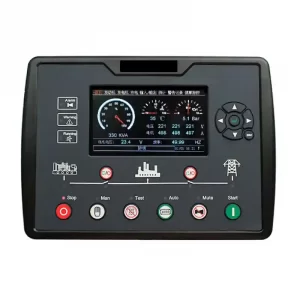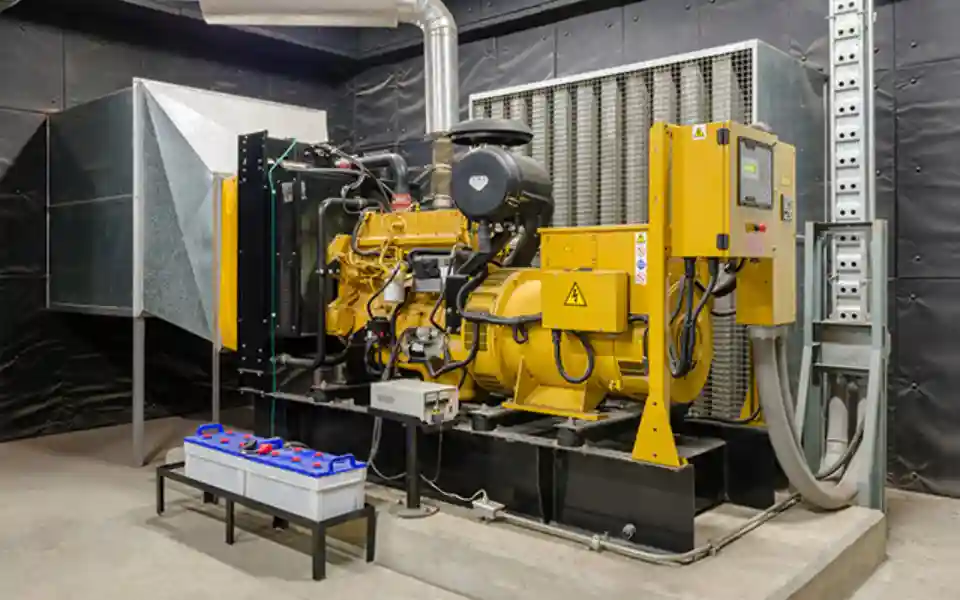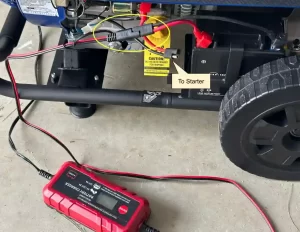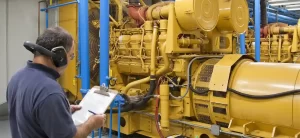Introduction
Generators are complex machines that rely on various components to function efficiently. Among these components, the controller plays a crucial role in ensuring the generator operates smoothly and safely. In this blog, we’ll explore the importance of generator controllers, their functions, and how they contribute to the overall performance of a generator.
What is a Generator Controller?
A generator controller is an electronic device that manages the operation of a generator. It monitors various parameters, such as voltage, current, and frequency, and ensures that the generator operates within safe and optimal conditions. The controller also automates the start and stop functions, making it an essential component for both standby and prime power generators.
Key Functions of a Generator Controller
1.Automatic Start and Stop: One of the primary functions of a generator controller is to automatically start the generator when there is a power outage and stop it when the main power is restored. This ensures a seamless transition and uninterrupted power supply.
2.Monitoring and Protection: The controller continuously monitors the generator’s performance, including voltage, current, frequency, and engine parameters. It provides protection by shutting down the generator in case of abnormalities such as over-speed, over-voltage, under-voltage, and over-current conditions.
3.Load Management: Advanced controllers can manage the load on the generator, ensuring that it operates efficiently and within its capacity. This helps prevent overloading and extends the lifespan of the generator.
4.Data Logging and Communication: Modern controllers are equipped with data logging capabilities, allowing users to track the generator’s performance over time. They also support communication protocols for remote monitoring and control, making it easier to manage multiple generators from a central location.
Types of Generator Controllers
• Basic Controllers: These controllers provide essential functions such as automatic start/stop and basic monitoring. They are suitable for small generators and simple applications.
• Advanced Controllers: These offer more sophisticated features, including comprehensive monitoring, protection, load management, and remote communication. They are ideal for larger generators and critical applications where reliability and efficiency are paramount.
• Digital Controllers: Utilizing digital technology, these controllers offer precise control and advanced features such as programmable settings, user-friendly interfaces, and integration with other systems.
Benefits of Using a Generator Controller
• Enhanced Reliability: By automating critical functions and providing continuous monitoring, controllers enhance the reliability of the generator, ensuring it operates smoothly during power outages.
• Improved Safety: Controllers protect the generator and connected equipment by detecting and responding to abnormal conditions, reducing the risk of damage and accidents.
• Increased Efficiency: Load management and optimization features help the generator run more efficiently, reducing fuel consumption and operational costs.
• Convenience and Ease of Use: Automatic start/stop functions and remote monitoring capabilities make it easier to manage the generator, especially in remote or unmanned locations.
Maintenance Tips for Generator Controllers
To ensure the longevity and optimal performance of your generator controller, follow these maintenance tips:
• Regular Inspections: Periodically inspect the controller for any signs of wear or damage. Check connections and wiring to ensure they are secure and free from corrosion.
• Firmware Updates: Keep the controller’s firmware up to date to benefit from the latest features and improvements.
• Clean Environment: Ensure the controller is installed in a clean, dry environment to prevent dust and moisture from affecting its performance.
• Professional Servicing: Schedule regular servicing by a qualified technician to check the controller’s functionality and address any potential issues.
Conclusion
Generator controllers are vital components that significantly enhance the performance, reliability, and safety of generators. By understanding their functions and benefits, you can make informed decisions when selecting and maintaining a generator controller. Whether for residential, commercial, or industrial applications, investing in a quality controller ensures your generator operates efficiently and effectively, providing peace of mind during power outages.
If you have any questions or need further information about generator controllers, feel free to reach out to our team of experts. We’re here to help you power your world with confidence.




